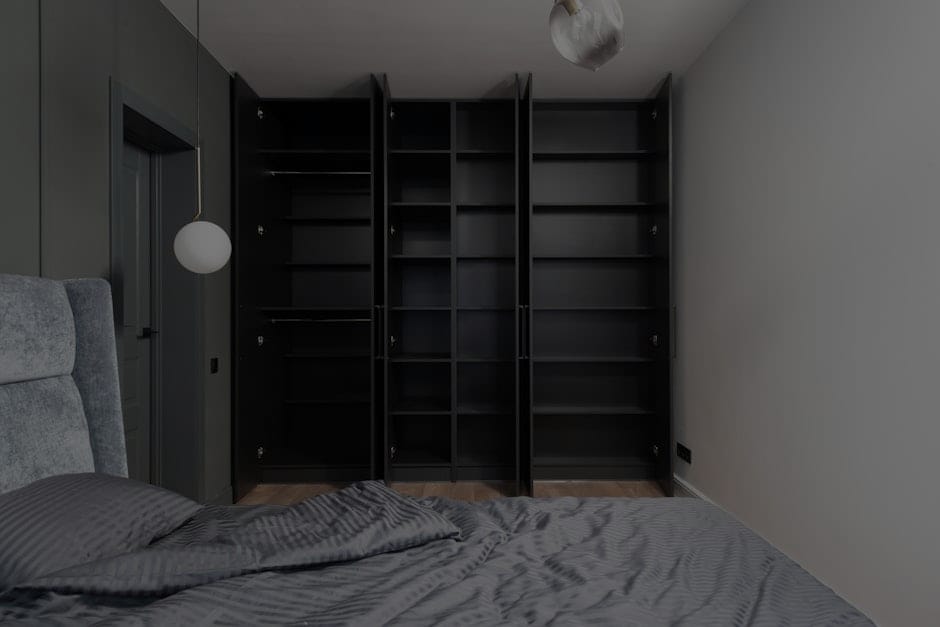**Abstract:** Discover how Feng Shui items can transform your bedroom into a serene sanctuary, promoting better sleep quality and overall well-being. Learn practical tips to create a peaceful space.
Understanding Feng Shui and Its Impact on Sleep
Feng Shui, the ancient Chinese practice of arranging space to create harmony and balance, plays a significant role in enhancing sleep quality. By aligning your bedroom with Feng Shui principles, you can foster an environment that promotes relaxation and restful sleep. This practice recognizes the profound connection between our surroundings and our emotional and physical well-being. When you implement Feng Shui in your bedroom, you are not just decorating; you are consciously creating a space that nurtures your mind and body.
Essential Feng Shui Items for a Tranquil Bedroom
To enhance sleep quality, consider incorporating specific Feng Shui items into your bedroom. These items not only beautify the space but also serve to create a calming atmosphere. Start with soft, soothing colors like blues and greens, which promote tranquility. A pair of soft, rounded pillows can symbolize harmony and support, inviting restful sleep. Additionally, using a gentle nightlight or salt lamp can create a warm ambiance that eases the transition into sleep.
Strategic Placement for Optimal Energy Flow
The arrangement of furniture is crucial in Feng Shui. Position your bed against a solid wall, ideally facing the door but not directly in line with it. This “command position” provides a sense of security and control, which can significantly improve sleep quality. Keep the area under the bed clear to allow for free energy flow, avoiding clutter that can hinder relaxation. Consider adding a small water feature or a calming painting to enhance the room’s energy further.
Utilizing Natural Elements for Balance
Incorporating natural elements is vital in Feng Shui design. Plants, such as lavender or peace lilies, not only purify the air but also bring life into your space, promoting a peaceful atmosphere. Crystals like amethyst or rose quartz can be placed on your nightstand to encourage restful sleep and emotional healing. These natural elements create a sense of balance and connection to the earth, essential for restorative sleep.
Creating a Personal Sanctuary
Your bedroom should reflect your personal style while adhering to Feng Shui principles. Personal items that evoke positive memories can enhance your emotional well-being. Create a dedicated relaxation corner with a comfortable chair, soft blankets, and a good book to unwind before sleep. This space can serve as a mental cue for your brain to transition from the day’s activities to restful relaxation, ultimately improving sleep quality.
Enhancing Sleep with Aromatherapy
Aromatherapy is a powerful tool in Feng Shui for promoting relaxation and enhancing sleep quality. Essential oils like lavender, chamomile, and sandalwood can be diffused in your bedroom to create a calming atmosphere. Consider using a diffuser or placing sachets filled with dried herbs under your pillow. These scents have been shown to reduce anxiety and promote a peaceful state of mind, making it easier to drift off to sleep.
Maintaining a Clutter-Free Environment
Clutter can significantly affect your sleep quality, creating a chaotic energy that disrupts relaxation. Regularly declutter your bedroom to maintain a serene space. Keep surfaces clean and organized, and consider storage solutions that hide away items that are not used daily. A tidy environment not only enhances the flow of positive energy but also creates a visual calmness that is conducive to restful sleep.
In conclusion, implementing Feng Shui items and principles in your bedroom can dramatically improve your sleep quality. By understanding the significance of layout, natural elements, and personal touches, you can create a peaceful sanctuary that nurtures your well-being. Embrace these practical tips to transform your sleeping space into a haven of tranquility, allowing you to enjoy the restorative sleep you deserve.










